In post-Diwali air, hospitals across Delhi and surrounding areas see a surge in patients suffering from symptoms like throat irritation, chest spasms, chronic cough, and breathlessness as toxins enter the respiratory system.

Doctors warn that the annual spike in air pollution not only triggers discomfort but places severe strain on the body, intensifying respiratory ailments, lowering oxygen levels, and exacerbating chronic conditions among those most vulnerable — particularly children, the elderly, and those with pre-existing health issues.
“It is worse for children, elderly above 65 years of age, and those already suffering from a respiratory condition or immune-compromised. We have already started getting people complaining of breathlessness and tightness in the chest,” said a senior doctor at the All India Institute of Medical Sciences, Delhi (AIIMS-Delhi).
As winter sets in and the air gets denser due to the drop in temperature, suspended pollutants in the air get more concentrated and combine with the toxic emissions from firecrackers, creating smog that is hazardous for the human body, experts said.
“Crackers not just release major pollutants like SO2, NO2 and particulate matter10 and 2.5 in the atmosphere, but also hazardous trace elements that are heavy metals like aluminium, lead, magnesium etc.,” said Dr Vikas Maurya, chest specialist at Fortis Hospital, Shalimar Bagh.
Even brief exposure to these metals can have long-lasting health effects, he warned.
Symptoms of high pollution exposure often appear within minutes of exposure to poor air – dizziness, nausea, eye irritation, and coughing common among patients, according to a recent statement from Apollo Hospital. The hospital highlighted that chemicals in firecrackers can exacerbate or even trigger severe respiratory and cardiovascular conditions, particularly in those with pre-existing health issues.
“Copper irritates the respiratory tracts; cadmium reduces the capacity of carrying oxygen in the blood, which then leads to anaemia; zinc [leads to] vomiting and fume fever; lead directly affects our nervous system; magnesium fume fever by magnesium fume; sodium highly reactive elements in nature can cause burns or wounds when exposed to air,” warned Apollo Hospital.
Exposed patients are at risk of conditions like allergic pneumonia and, in extreme cases, even cancer, with pregnant women advised to avoid peak pollution periods to reduce risks of complications.
“Radioactive and poisonous elements are used to spread the colour in the sky when crackers burst, which can increase the risk of cancer. It is advised to pregnant women to stay at home while the cracker firing is at a peak to avoid the risk of miscarriage,” the Apollo statement said.
“With pollution levels rising yearly, even healthy individuals exposed to these toxins could face serious health challenges,” said Dr Maurya. As the festive season blends into winter, the city’s health system is preparing for what has become an annual respiratory crisis.



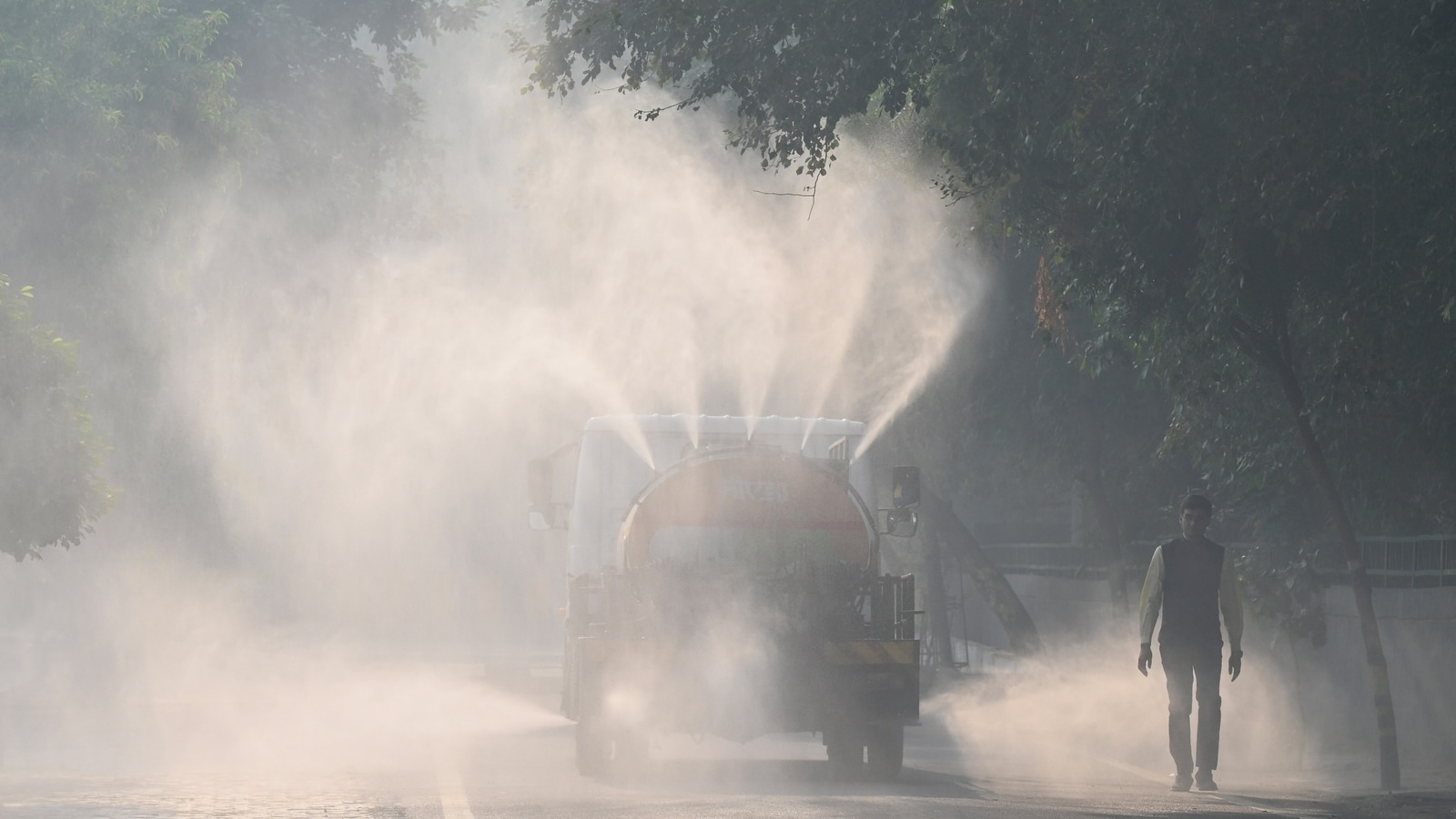
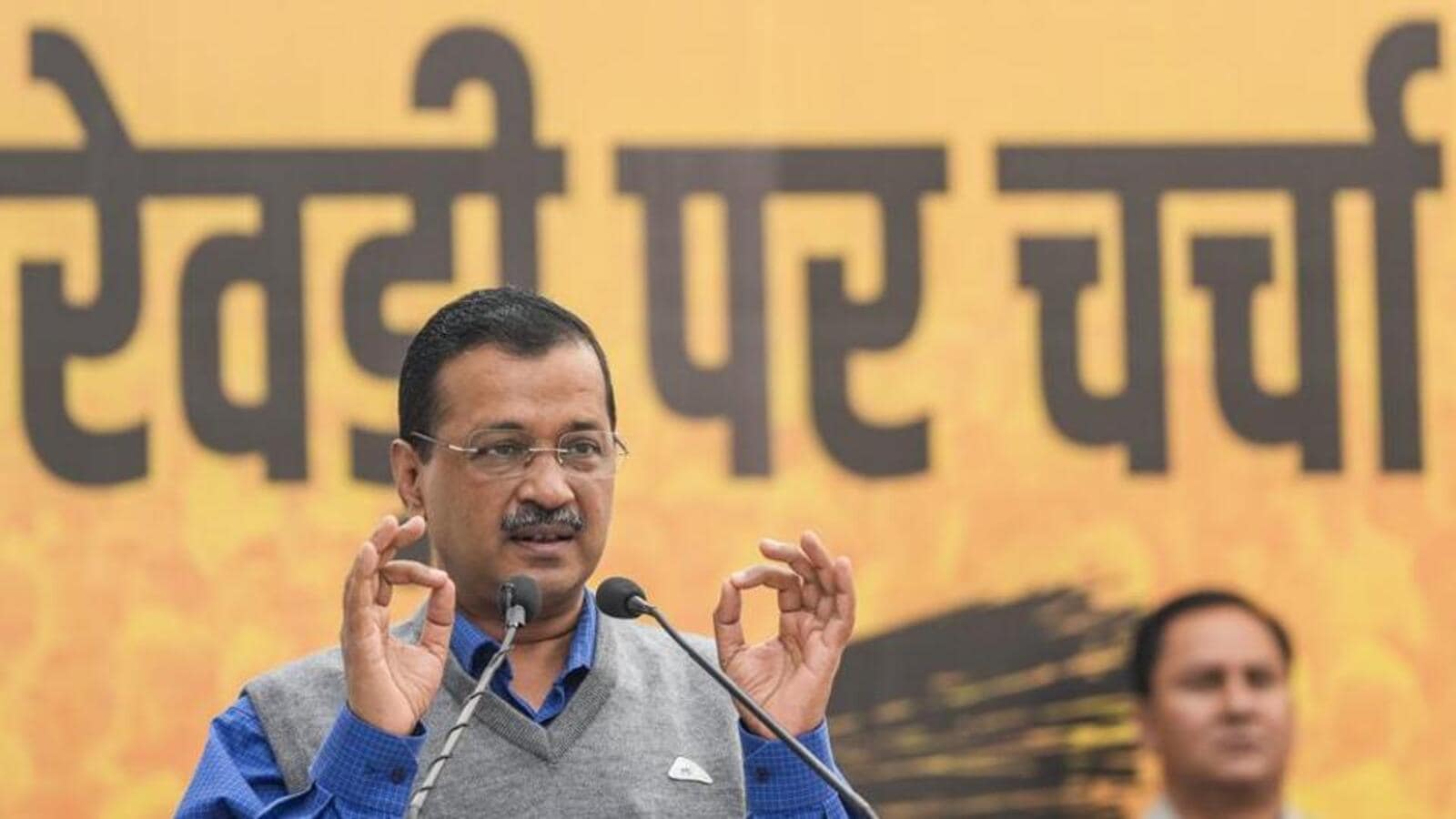
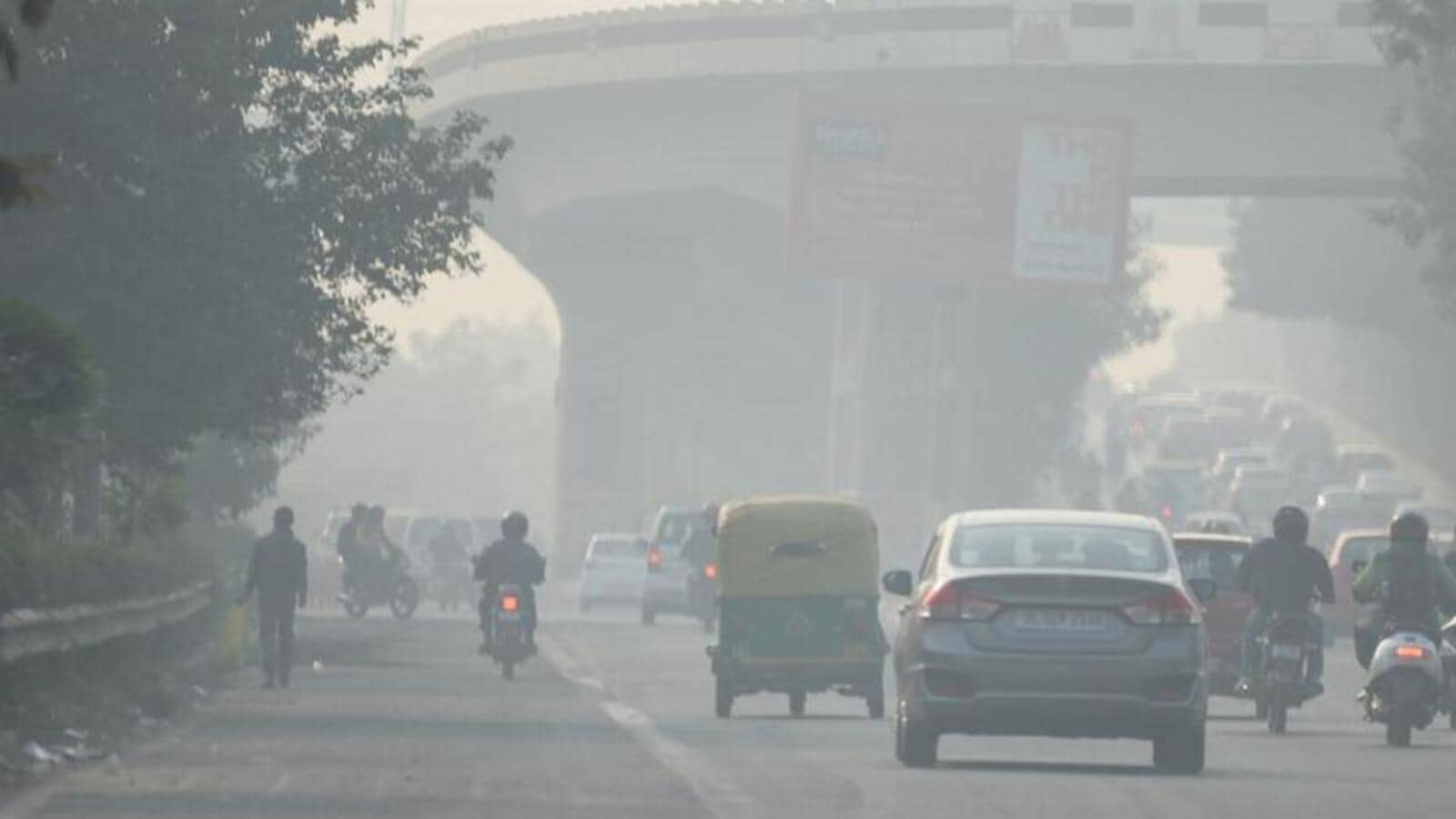
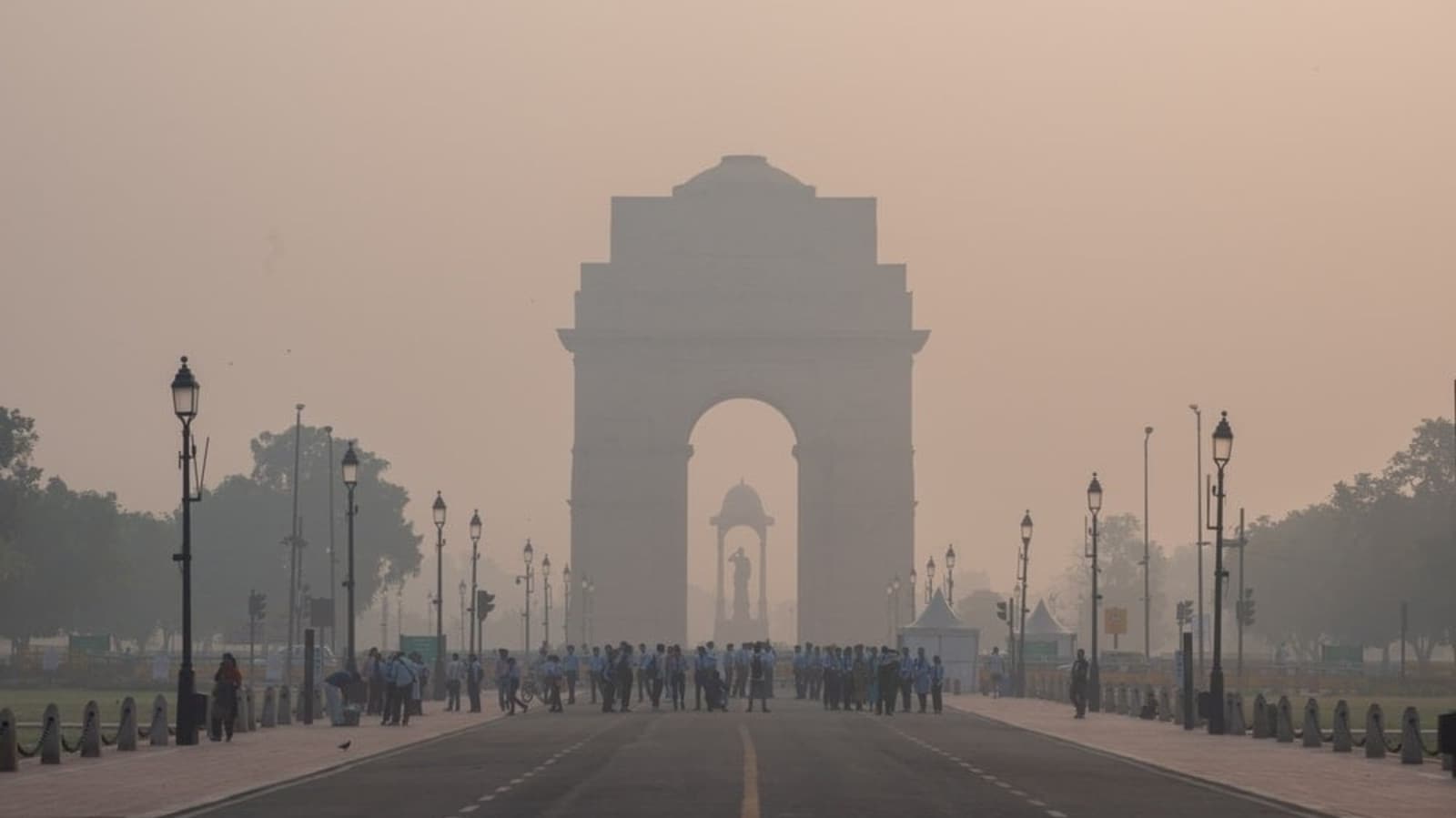

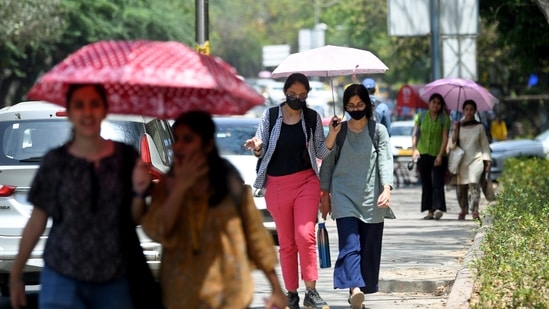


Leave a Reply